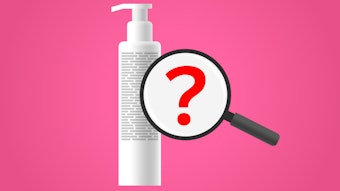Hawaii could become the first state in the United States to prohibit the sale of certain over-the-counter (OTC) sunscreens containing the chemicals oxybenzone or octinoxate.
The chemicals themselves have been under fire—research conducted prior to the bill’s passing showed the two ingredients could pose a threat to coral reefs. According to the bill, beach-goers wearing the specified ingredients renew environmental contamination in the waters of the state’s Waimea Bay, Waikiki Beach and others.
The bill (Hawaii Senate Bill 2571) states it “shall be unlawful to sell, offer for sale, or distribute for sale in the State any SPF sunscreen protection personal care product that contains oxybenzone or octinoxate, or both, without a medically licensed prescription.”
The legislation goes on to specify: “‘Sunscreen’ means a product marketed or intended for topical use to prevent sunburn. Sunscreen does not include products marketed or intended for use as a cosmetic, as defined in section 328-1, for the face.”
If other states follow suit, sunscreen formulators may face the choice between changing their ozybenzone- or octinoxate-containing formulas to contain alternative ingredients, or to be forced to stop selling in restricted areas altogether.
The bill will go into effect in 2021 if signed by David Ige, Hawaii governor.
Update: The bill was signed into law on July 3, 2018.










